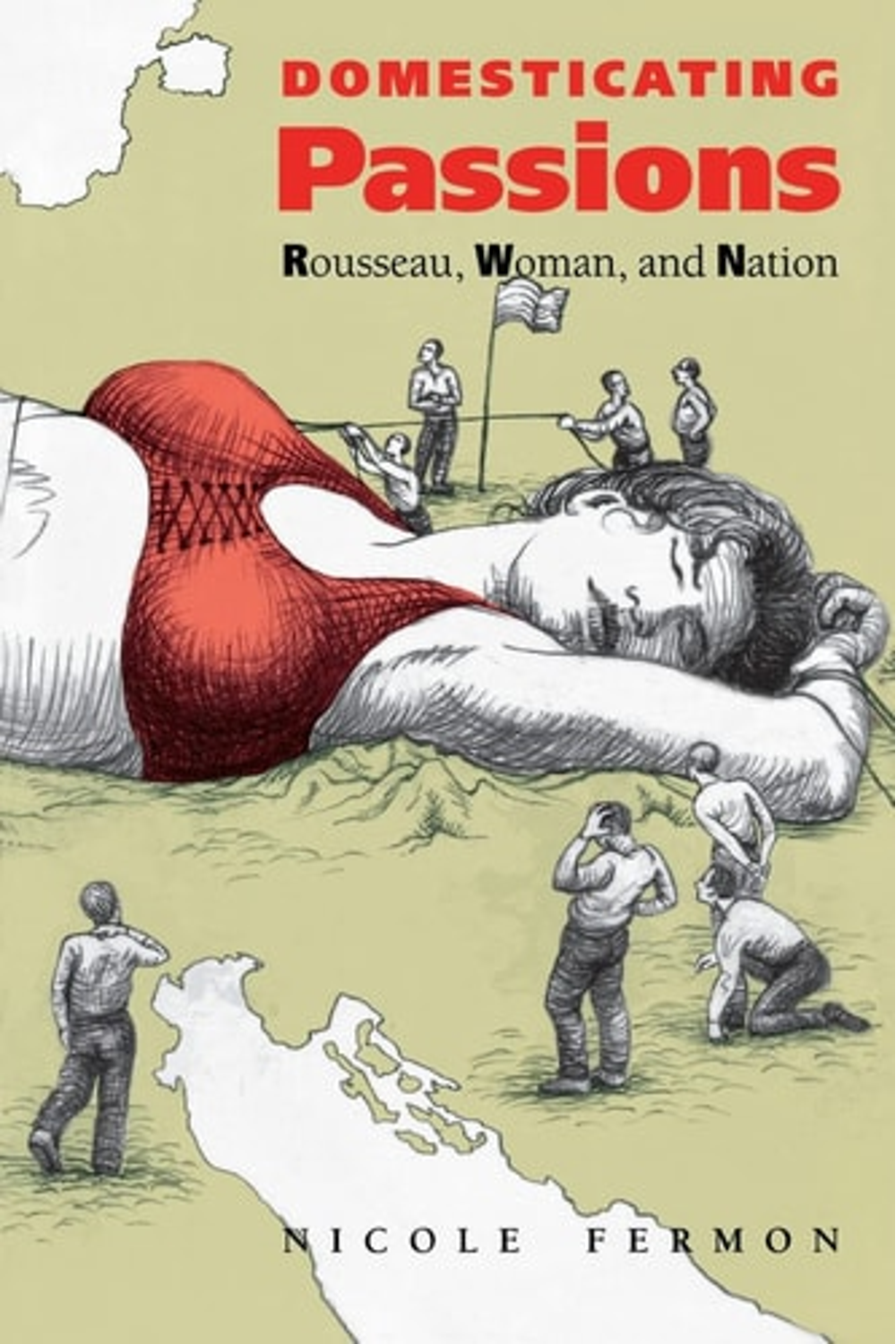Discover the foundational principles of Theravada Buddhist ethics in Winston L. King’s “In The Hope of Nibbana: An Essay on Theravada Buddhist Ethics.” This sought-after First Edition hardcover, published in 1964, offers a comprehensive exploration of the ethical framework within the Theravada tradition, emphasizing its path towards liberation. King masterfully connects ethical conduct to the ultimate goal of Nibbana, delving into the philosophical underpinnings of Buddhist morality and exploring the practical application of these ethics in daily life for both monastics and lay practitioners. Explore key concepts such as the Eightfold Path, karma, and rebirth within a social context. Ideal for collectors and anyone seeking a deeper understanding of Theravada Buddhism, this volume (ISBN: 9780819563057) illuminates the path to ethical living and spiritual awakening.
In The Hope of Nibbana: An Essay on Theravada Buddhist Ethics.
19,64 $
In stock
The role of women and family as central to Rousseau’s concept of the modern, enlightened state.
“Woman, both real and metaphorical, is at the center of the project to reform politics, which for Rousseau means all human relations,” Nicole Fermon asserts in this finely wrought study of how Jean-Jacques Rousseau places the family, women, and love within his political philosophy. Rather than accept conventional conceptual dichotomies of “public” and “private” or “man” and “citizen,” Fermon suggests that Rousseau’s teachings on the family represent a connecting strand in an overarching philosophy: man not only creates institutions to satisfy his own needs, she writes, “but the needs themselves are crucially formed and transformed by the social setting and the educational experience.” Thus the family in general and women in particular play a key role in the Rousseaurean project, as the household becomes “entrusted not only with the reproduction of life and daily necessities, but with the reproduction of sociality itself.”
| Authors | |
|---|---|
| Binding | |
| Condition | |
| ISBN-10 | 0819563056 |
| ISBN-13 | 9780819563057 |
| Language | |
| Pages | 310 |
| Publisher | |
| Year published | |
| Weight | 454 |
| Edition | First Edition |
| Dewey decimal | 320.092 |
Related products
- Additional information
- Currencies
- USD – United States dollar
- EUR – Euro
- GBP – Pound sterling
- CNY – Chinese yuan
- BRL – Brazilian real
- MXN – Mexican peso
- JPY – Japanese yen
- PHP – Philippine peso
- THB – Thai baht
- PLN – Polish złoty
- CAD – Canadian dollar
- MYR – Malaysian ringgit
- AUD – Australian dollar
- TWD – New Taiwan dollar
- CZK – Czech koruna
- SEK – Swedish krona
- HUF – Hungarian forint
- ILS – Israeli new shekel
- CHF – Swiss franc
- HKD – Hong Kong dollar
- DKK – Danish krone
- SGD – Singapore dollar
- NOK – Norwegian krone
- NZD – New Zealand dollar





